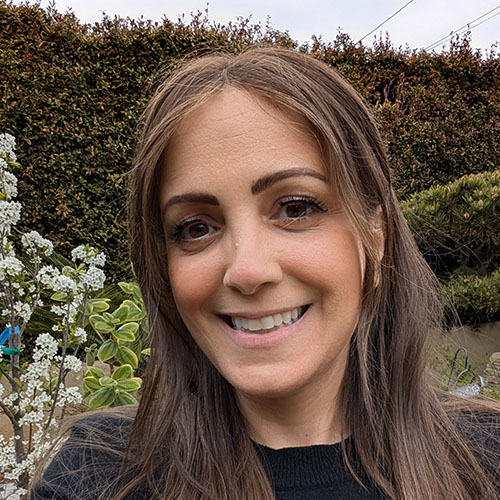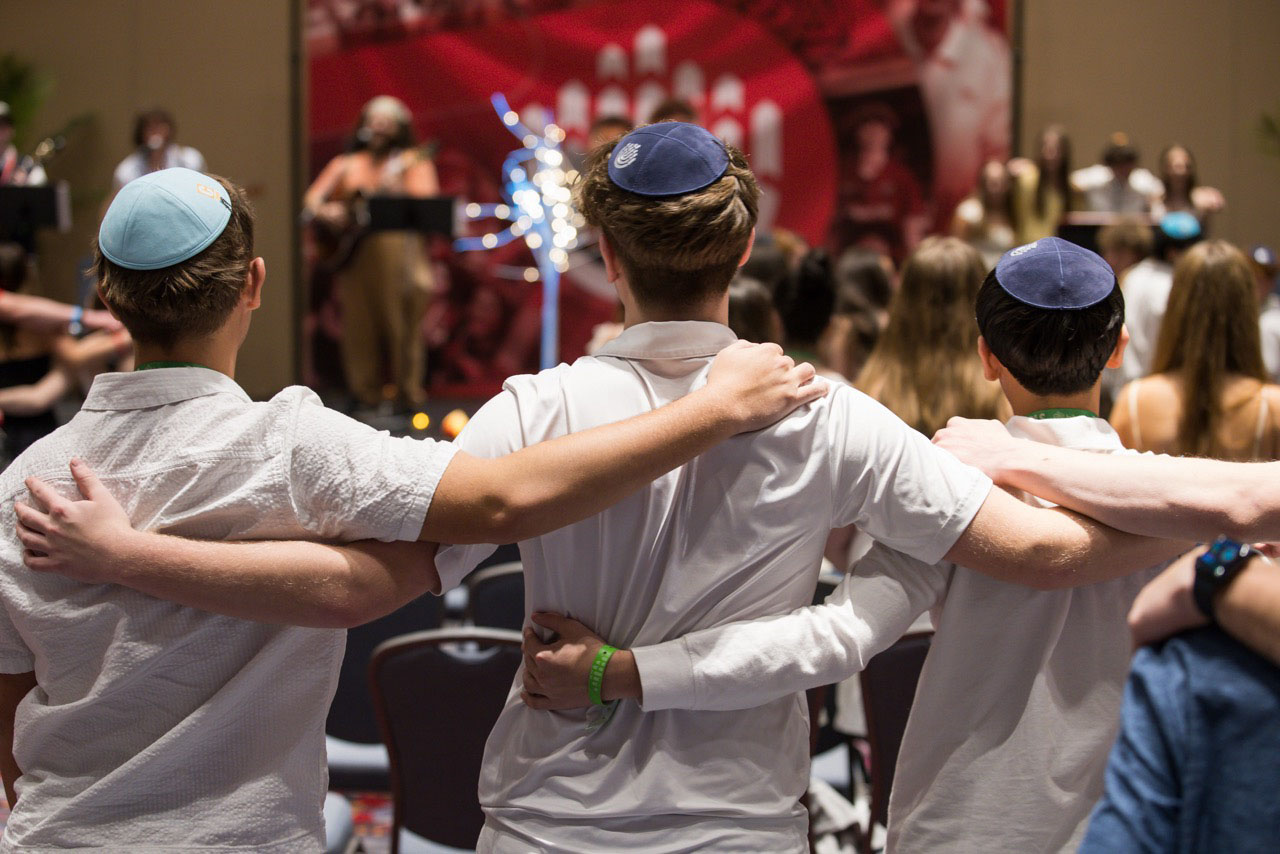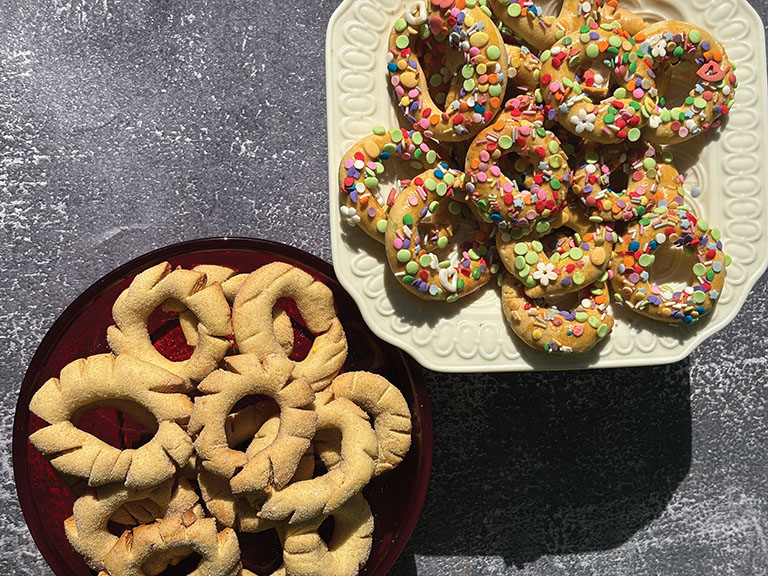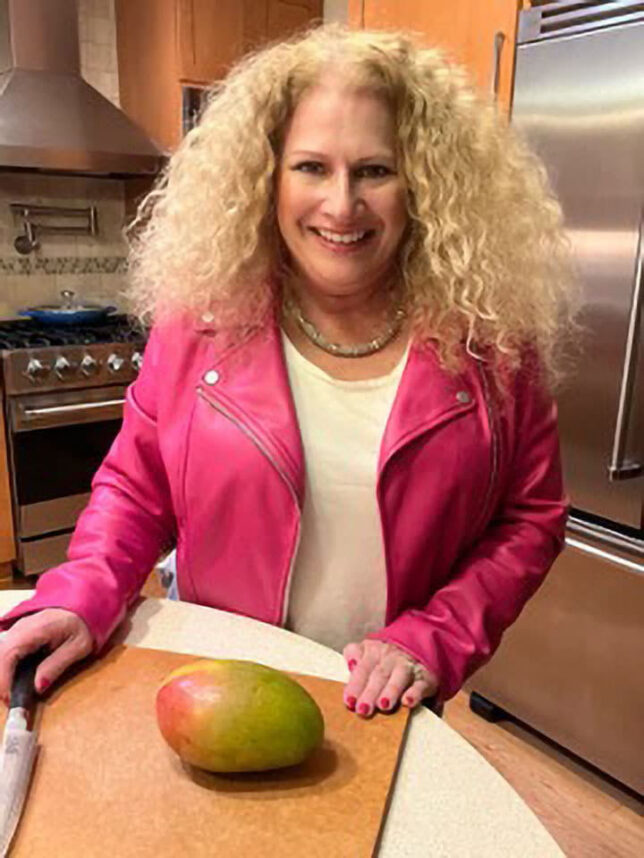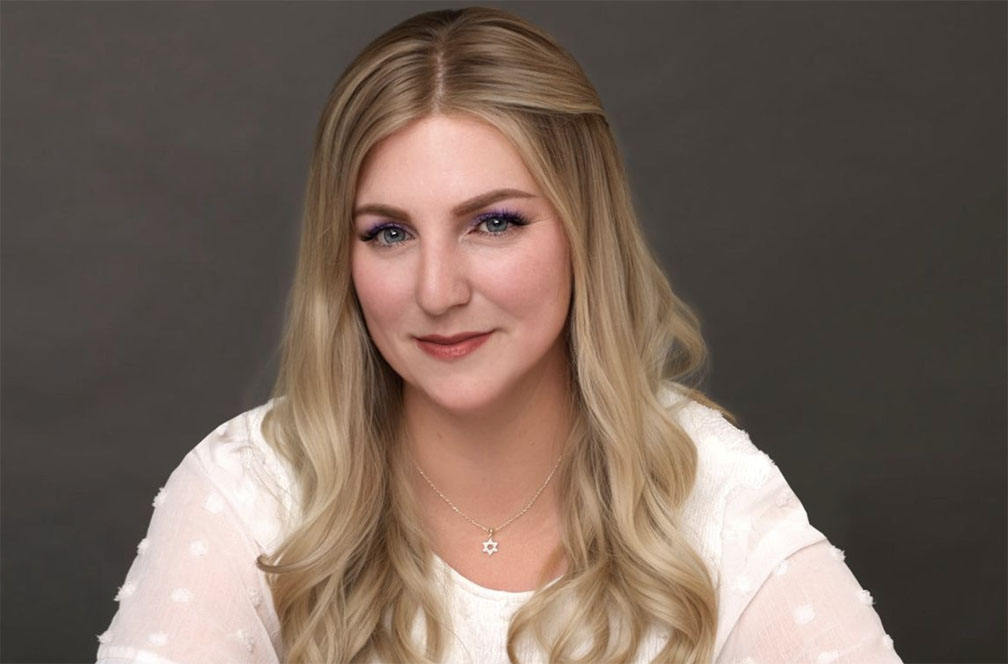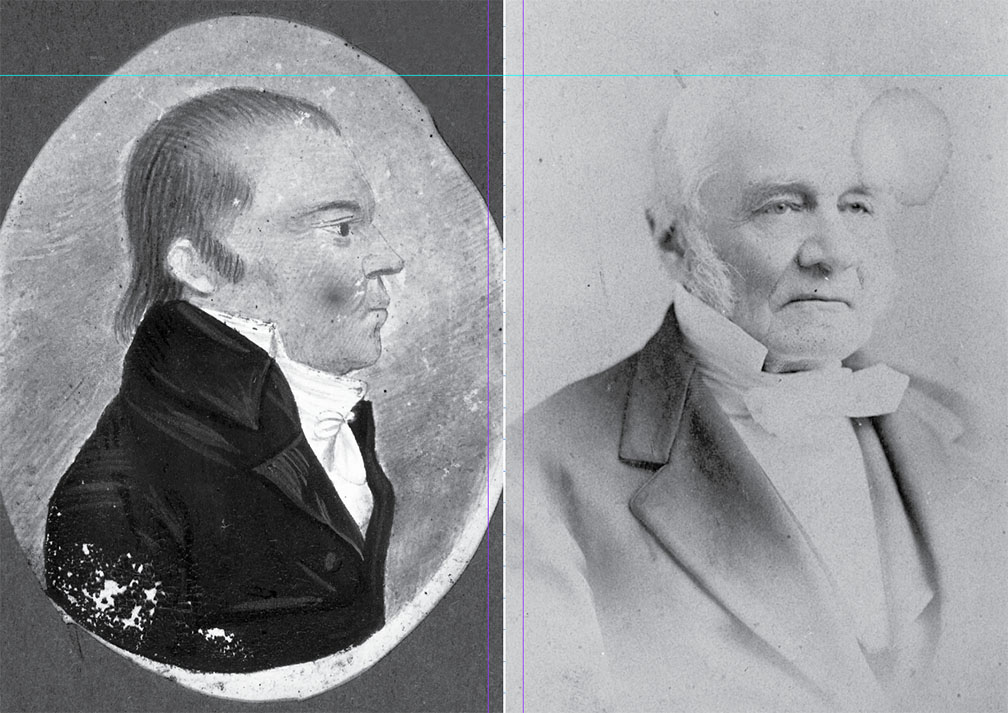
In 2005, an Iranian Jew and his partners took over a Chinese restaurant in Los Angeles’s Pico-Robertson neighborhood, made it kosher, retained the talented Chinese chefs and began selling to local Jews, most of them Ashkenazim. This could only have happened in America.
The Journal asked David Askari, co-owner of Shanghai Diamond Garden on Pico Boulevard, about the day after Christmas Eve, a mad rush in which Jews, kosher or not, famously order Chinese food, and a lot of it — so much, in fact, that Askari’s restaurant stopped taking calls for extended periods on December 24. And at some point, he lost track of how many pounds of meat, rice and noodles the restaurant served on the busiest non-Jewish Jewish holiday of the year.
Jewish Journal: What was last night (Christmas Eve) like for you and the restaurant staff?
David Askari: Due to COVID-19, it was a totally different scenario without in-house dining. It’s always chaotic because Jewish people have to have Chinese food on Christmas. The kitchen was overwhelmed. A few times throughout the day, for up to an hour or two at a time, I had to stop all the incoming calls. As fast as we worked, we couldn’t possibly make the volume that was coming in. But thank G-d, everything went smoothly. When you have in-house dining, that’s when you know you think, I need to take a Xanax before I come to work. But last night, everything was pickup and delivery. It was a whole different level of work. I put the answering machine on and boom! All the lights on the phone were on from 10 a.m. (when we opened) to 10 p.m. Before COVID-19, when customers were eating inside, they were usually there for an hour or so, which gave us time to prepare. But this year, there was no buffer zone between customers sitting down for meals. It was only pick-up and delivery.
JJ: How does Shanghai Diamond Garden prepare for the influx of orders on Christmas Eve?
DA: Normally, we have one mashgiach (a kosher supervisor). Last night, we had two, because they needed to inspect so much food and check all of the vegetables. (So many vegetables!) We normally have four chefs; last night we had five. There were four people packing all the food, seven people preparing it and then another four in the back, cleaning and washing everything, so there were about 15 people in the kitchen total yesterday.
JJ: What were some of the most popular dishes ordered?
DA: Definitely Mongolian beef, orange chicken, chicken lo mein and garlic chicken. We had to modify the menu because some dishes, like the crispy shredded beef and crispy shredded chicken as well as the fish, take too long to cook. So we didn’t even offer them.
JJ: How does the kitchen staff maintain its composure?
DA: We didn’t rush them. We let them do the cooking. They know they have to move fast, but we really have to pay attention to make sure the food quality is the best. So, no excessive rushing. I controlled the rush. If we’d answered the phone every time, we’d have too many orders. Also, we completely disabled online ordering yesterday. But we did get a lot of pre-orders, not for a few dishes, but for 10–15 and even up to 20 dishes per order. It was madness.
JJ: Given that we’re in a pandemic, were there more or less orders this year than previous years?
DA: As far as delivery and takeout, we did more orders than ever before. And this year, customers didn’t even want to come outside of their homes to get the food delivery, even a few steps away from their door. We had a lot of people waiting outside the restaurant, too. They had to social[ly] distance outside. And the street was packed with cars.
JJ: Why do you think Jews love to eat Chinese food on Christmas Eve?
DA: I guess we’re blessed. Mother’s Day is the next most hectic day for us, but honestly, I don’t want more than one Christmas a year. It’s fun for the customer, but for us, it’s a lot of strain. I think it’s a minhag (tradition) to eat Chinese food. I heard a story about how in the past, the restaurant workers were mostly Hispanic and didn’t want to work on Christmas, so the only people who would were Chinese workers, and, like them, Jews didn’t traditionally observe Christmas… so they ate out. At the restaurant, we’re happy to serve people. We enjoy all the attention, and, thank G-d, our customers are happy. Last night, we didn’t have a single complaint, given the volume, which is such a blessing.
But all I know is that somewhere, at some point, someone said that Jews have to have Chinese food on Christmas, and it stuck.

